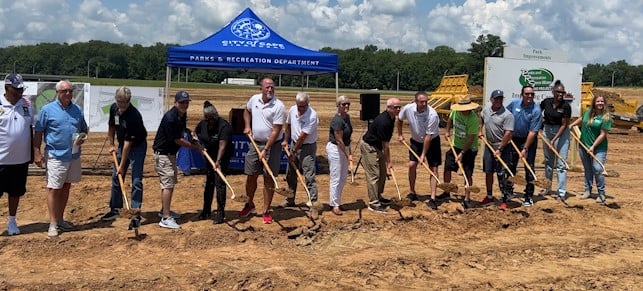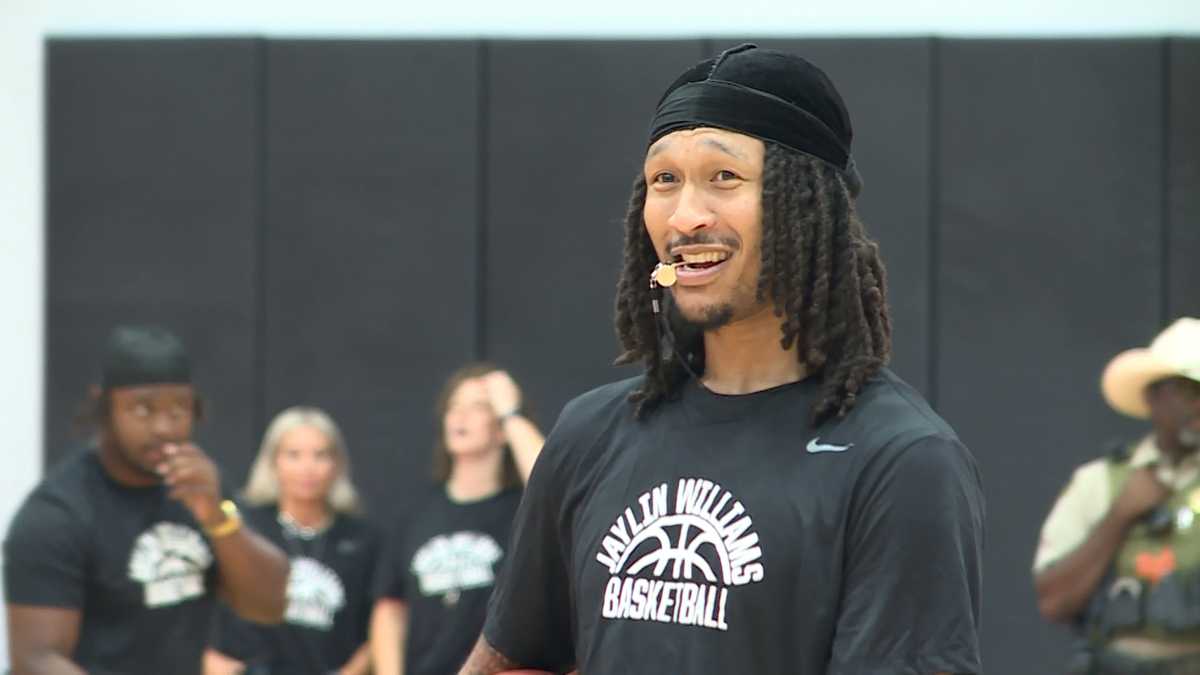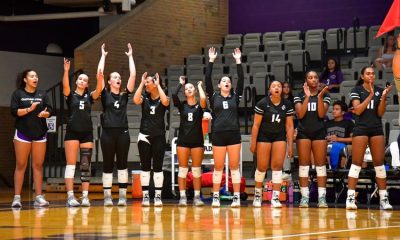You see it before the final whistle blows. A boy—ten, or maybe nine—walks off the mat like he’s carrying bricks on his back. His face is red, his eyes damp. Waiting for him is his father, arms folded like a verdict. “You lost to that kid? You were up by two.” The boy opens his mouth, but nothing he says will be enough. The response is swift: a shake of the head, a clenched jaw, maybe a public scolding. It isn’t a lesson. It isn’t encouragement. Just shame.
The culture of cutting
Wrestling has a long history of weight cutting. For decades, athletes—some as young as eight or nine—have been taught that discipline means dehydrating, fasting, and sweating their way down to the lowest possible weight class. It’s framed as a test of toughness. A rite of passage.
But the science tells a different story.
Research shows that 25–94 percent of youth combat athletes engage in rapid weight loss methods like dehydration, severe caloric restriction, and excessive exercise in sweatsuits. These practices are dangerous at any age, but for kids—whose bodies are still growing—they can be devastating. One study found that adolescents who routinely cut weight during puberty experienced stunted growth compared to their peers. Others have documented increased risks of cardiac arrhythmias, electrolyte imbalances, heat stroke, renal strain, and long-term bone health issues. There is no proven performance benefit to extreme weight cutting—and in fact, a 5 percent drop in body weight can impair strength, endurance, and cognitive function.
More than just physical harm
It’s not just the biology that is concerning. It’s the emotional landscape these kids are navigating—one that too often values winning over wellness. There’s a message being delivered—sometimes subtly, sometimes loudly: your worth is tied to the outcome. Not the effort. Not the progress. Just the result. This mindset doesn’t just burn kids out—it warps their sense of self. It fosters disordered eating habits, anxiety, and a belief that deprivation equals value.
What if we did it differently?
What if we reframed our role as adults in youth sports? What if coaches prioritized development over domination—and parents celebrated perseverance over podiums? What if, instead of fixating on numbers on a scale, we taught kids how to fuel their bodies, respect their growth, and build emotional resilience? And what if we gave just as much attention to the bonds between teammates as we do to the brackets? Some of the most powerful lessons in youth sports don’t happen on the mat—they happen at post-tournament dinners, on team hikes, or in hotel hallways during overnight trips. Connection builds resilience. When kids feel like they belong—to each other, not just to the scoreboard—they’re more likely to stick with the sport, to support one another, and to develop a healthier relationship with competition itself.
It’s worth asking: how many “bad matches” are really just the visible symptoms of an invisible strain? I’ve seen kids blamed for poor performance when the real issue was weakness from an aggressive weight cut.
Dehydration impairs reaction time, stamina, and strength. Even mild fluid loss can reduce performance by as much as 10 percent, and yet we ask children—many under 100 pounds—to wrestle after spitting in cups and skipping meals. Then we criticize them for being sluggish. That’s not toughness. That’s a setup.
Medical organizations have already called for change. Many recommend hydration testing, minimum body fat percentages, and limits on how much weight can be lost and regained. These measures exist to protect kids, but they’re only as effective as the adults enforcing them.
The role of clinicians—and communities
As a clinician, parent, and someone who’s watched this play out up close, I believe we can do better. We can educate families on the long-term consequences of weight cutting—physically and psychologically. We can screen for red flags in adolescent athletes: fatigue, hormonal issues, delayed growth, anxiety, disordered eating patterns. We can advocate for policy enforcement—not just at the elite level, but in local clubs and rec programs where these habits often begin. And most importantly, we can help reorient the conversation toward health and personal progress—not just titles. Because no child should have to sacrifice their well-being for a medal that is more important to the adults around them than it is to them. Especially not for applause that fades before the weekend is over.
Sarah White is a nurse practitioner, small business owner, and premedical student based in Virginia. With a background in clinical practice and caregiving, she brings a unique perspective to the intersection of medicine, family life, and community service. She volunteers with the Medical Reserve Corps and is preparing to apply to medical school in 2026.
Sarah is also the founder of two growing ventures: Wrinkle Relaxer, where she specializes in aesthetic treatments, and Bardot Boutique Aesthetics, a space for curated beauty and wellness services.




























































